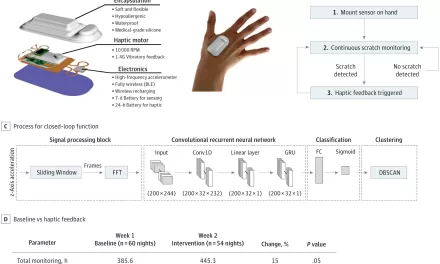New research from Curtin University has uncovered a significant association between miscarriage and the heightened risk of developing complications related to gestational diabetes and high blood pressure disorders in subsequent pregnancies.
Led by researchers from the Curtin School of Population Health, the study analyzed data from 52 studies encompassing over 4 million pregnancies across 22 countries. The aim was to investigate the health consequences of miscarriage, abortion, and recurrent pregnancy loss on subsequent pregnancies.
The findings, published in a recent study, delineated distinct health risks for each group.
Individuals who had experienced a miscarriage exhibited a 44% increased likelihood of developing gestational diabetes during later pregnancies. However, their risk of developing high blood pressure in subsequent pregnancies was only elevated by 6%.
In contrast, those who had undergone recurrent pregnancy loss did not demonstrate an increased risk of gestational diabetes. Still, they were found to be 37% more likely to develop pre-eclampsia—a potentially serious complication characterized by high blood pressure—in later pregnancies.
Interestingly, the study did not find any evidence linking abortion to diabetic or hypertensive-related issues, either during or outside of pregnancy.
Dr. Jennifer Dunne, the lead author of the study, emphasized the potential impact of establishing connections between pregnancy loss, diabetes, and high blood pressure on subsequent pregnancies.
“Miscarriages occur in 15-25% of all pregnancies, which is around 23 million per year, globally,” Dr. Dunne noted. “Understanding the relationship between pregnancy loss and later pregnancy complications could reveal new ways to mitigate risks or possibly prevent these conditions from progressing.”
The study underscores the importance of further research into the biological mechanisms underlying pregnancy loss and subsequent health issues, potentially unveiling new targets for treatment development.
Moreover, Dr. Dunne highlighted how this research contributes to existing knowledge about pregnancy complications and their implications for long-term health, extending beyond pregnancy itself.
“By shedding light on the long-term health effects of miscarriages and repeated pregnancy losses, this study paves the way for improved healthcare strategies, research, and support for those affected—hopefully enhancing the outcomes for parents and babies in future pregnancies,” she concluded.












